
The New Division of Labor
How Computers are Creating the Next Job Market
Recommendation
This excellent short book has implications far beyond its titular subject. Although ostensibly about the effect of computers on labor, it provides a model for thinking in economically rational terms about any kind of innovation that offers lower costs or greater efficiency. In a nutshell, scaremongers tend to exaggerate the threats and underestimate the benefits of such innovations. Some prognosticators, for example, predicted massive unemployment, poverty and social unrest due to employment disruptions stemming from computers. Why? Because computers could do many jobs, especially automated ones, faster and better. Something like the classical economic notion of comparative advantage is at work: computers and people should each do what they are good at. On the other hand, the authors analyze how innovation leaves many low-level, unskilled workers behind, and explain how and why the haves must make reasonable, just provisions for the have-nots. getAbstract believes that any reader who appreciates lucid analysis and clear prose will enjoy this book, and will gain understanding and perspective.
Summary
About the Authors
Frank Levy is the Daniel Rose Professor of Urban Economics at the Massachusetts Institute of Technology. His books include The New Dollars and Dreams: American Incomes and Economic Change. Richard J. Murnane is the Juliana W. and William Foss Thompson Professor of Education and Society at Harvard University and author of Who Will Teach? Policies that Matter. Levy and Murnane co-authored Teaching the New Basic Skills.









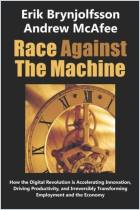
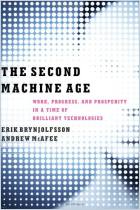
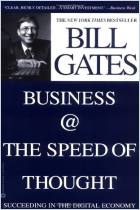
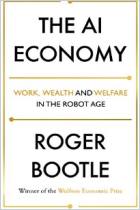
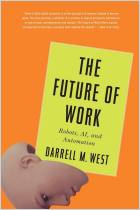
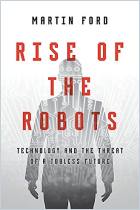






Comment on this summary or 开始讨论